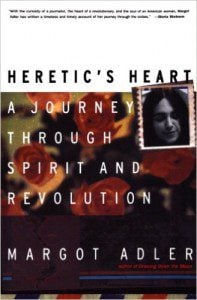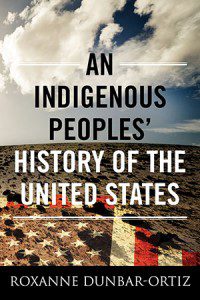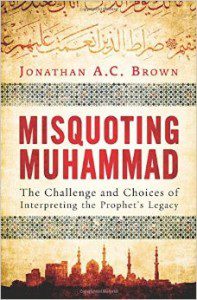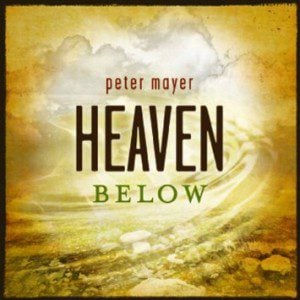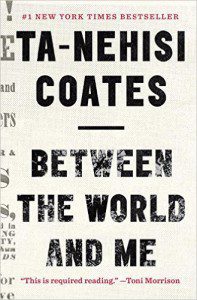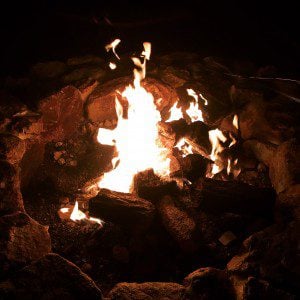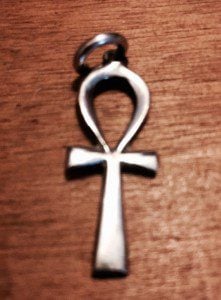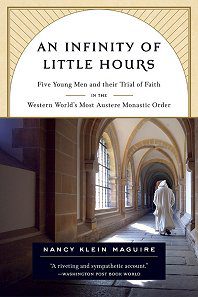I first heard Margot Adler’s voice on the radio — along with Lourdes Garcia-Navarro, Lakshmi Singh, Sylvia Poggioli, Ofeibea Quist-Arcton, Kai Ryssdal, and so many others. I learned their names through repetition as they signed off at the end of new stories on “Morning Edition” or “All Things Considered”: Margot Adler, NPR News, New York. There were many opportunities to hear Adler, who was an NPR reporter for more than three decades prior to her death from cancer in 2014... Read more


